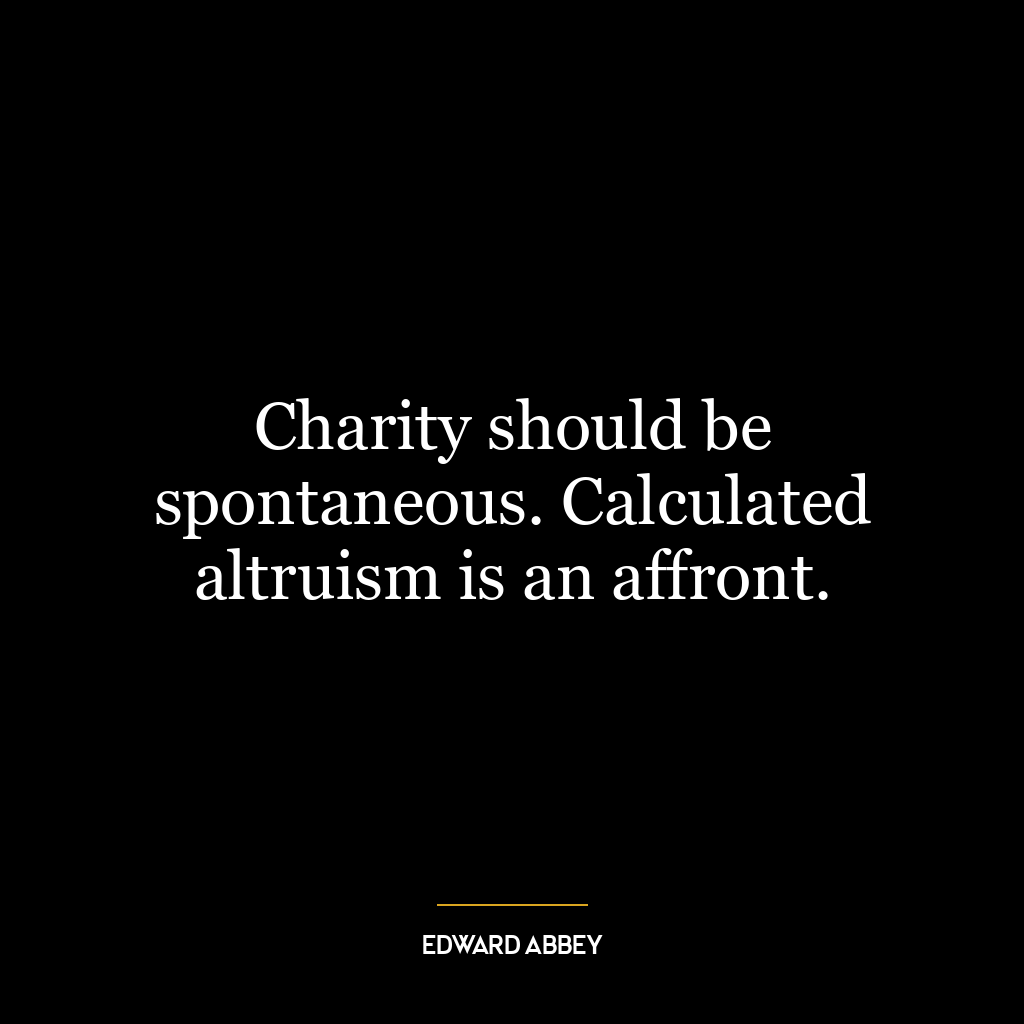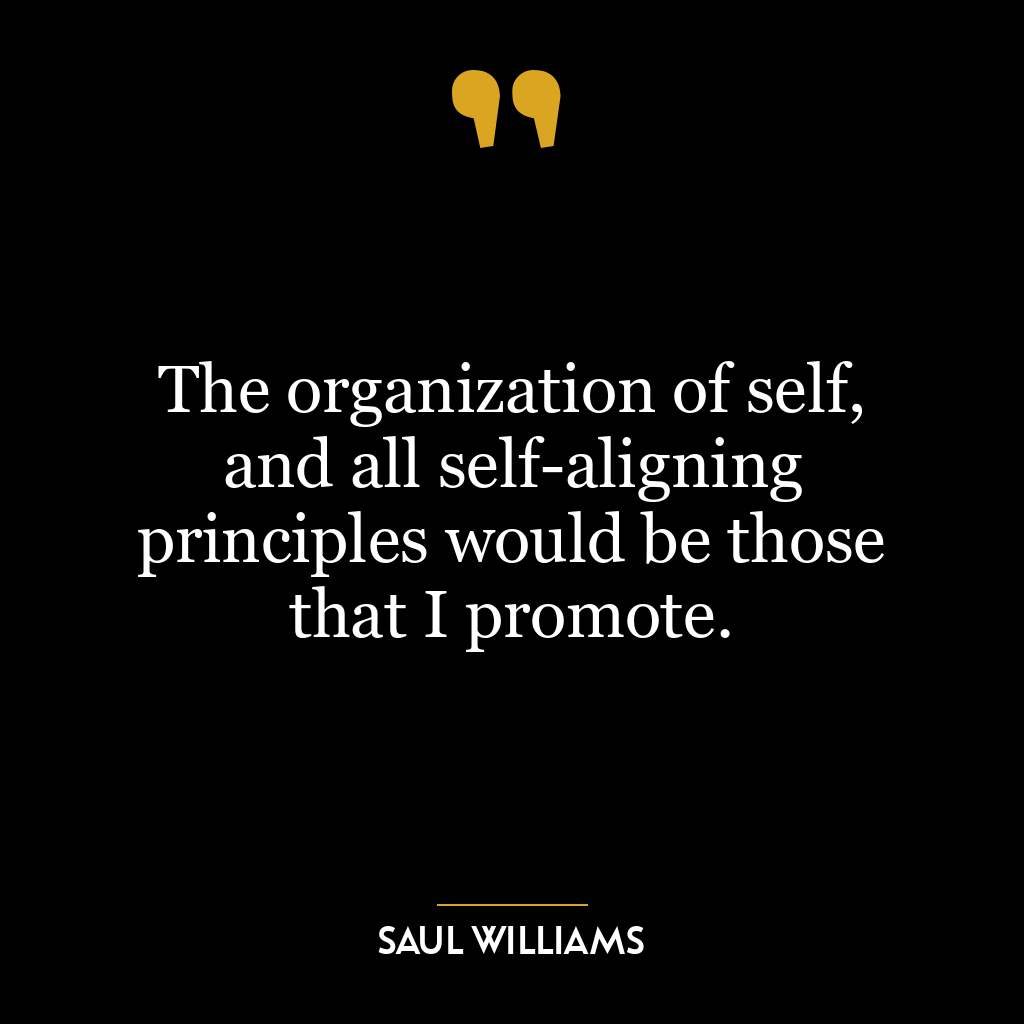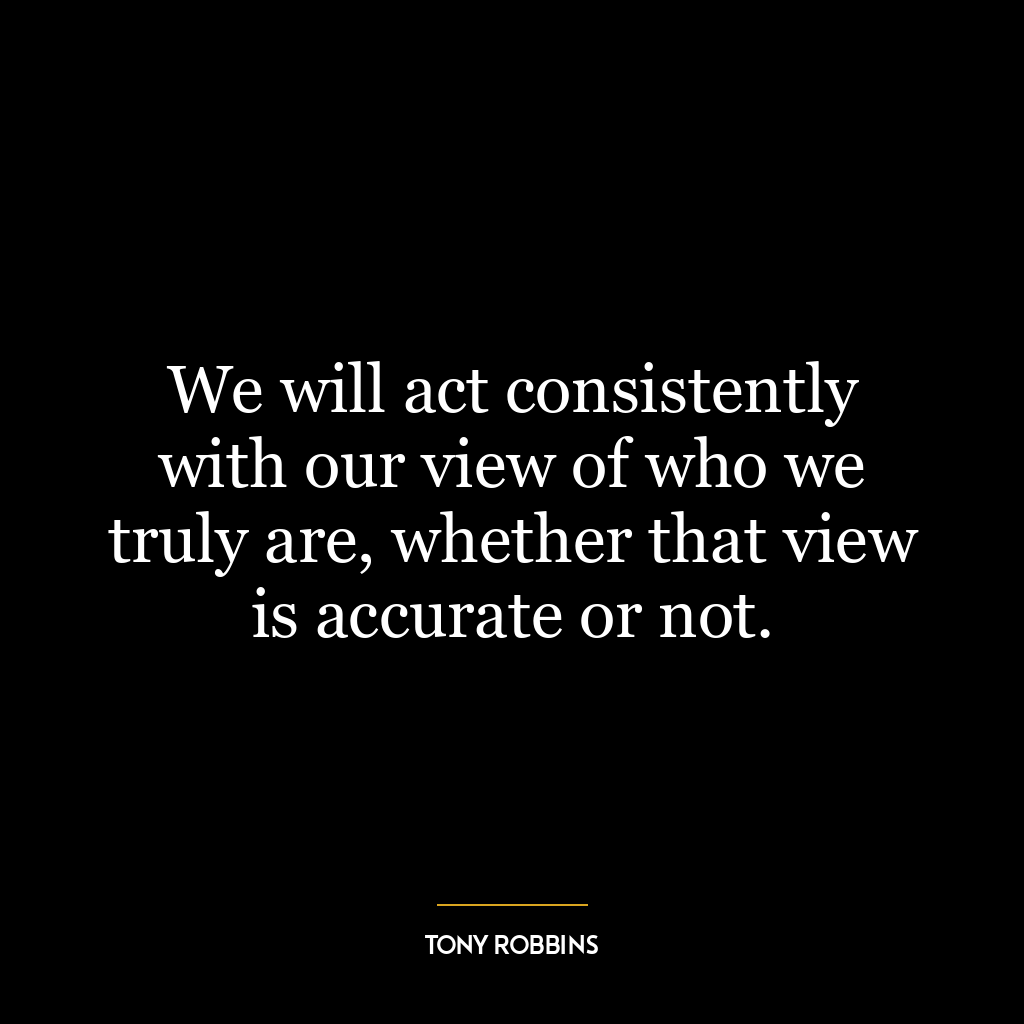'dialogue' Quotes
Dialogue quotes are powerful statements that capture the essence of communication and its impact on individuals and society. They have been used throughout history to inspire and influence people, from ancient philosophers like Socrates to modern leaders like Nelson Mandela. These quotes highlight t…Read More
Dialogue quotes are powerful statements that capture the essence of communication and its impact on individuals and society. They have been used throughout history to inspire and influence people, from ancient philosophers like Socrates to modern leaders like Nelson Mandela. These quotes highlight the importance of open and honest communication, promoting understanding and empathy between individuals and communities. They have played a crucial role in shaping our understanding of the world and our relationships with others. Dialogue quotes continue to resonate with people across the globe, reminding us of the power of conversation and the potential for positive change through meaningful dialogue.Read Less
Dialogue quotes are powerful statements that capture the essence of communication and its impact on individuals and society. They have been used throughout history to inspire and influence people, from ancient philosophers like Socrates to modern leaders like Nelson Mandela. These quotes highlight the importance of open and honest communication, promoting understanding and empathy between individuals and communities. They have played a crucial role in shaping our understanding of the world and our relationships with others. Dialogue quotes continue to resonate with people across the globe, reminding us of the power of conversation and the potential for positive change through meaningful dialogue.
71 Exceptional 'dialogue' Quotations and Sayings







Dialogue – Symbolic Value
Dialogue, in its simplest form, is a conversation between two or more people. However, beyond its literal meaning, dialogue holds a significant symbolic value in various aspects of life. It is a powerful tool that can bridge gaps, foster understanding, and bring about positive change.In literature, dialogue is used to reveal the thoughts, feelings, and motivations of characters. It adds depth and dimension to a story, allowing readers to connect with the characters on a deeper level. As author Stephen King once said, “Dialogue is the key to characterization.” Through dialogue, authors can create realistic and relatable characters that readers can empathize with.In a broader sense, dialogue is also symbolic of communication and connection. It is a means of exchanging ideas, opinions, and emotions. In a world where differences and conflicts are prevalent, dialogue serves as a means to find common ground and build relationships. As Nelson Mandela famously said, “If you talk to a man in a language he understands, that goes to his head. If you talk to him in his language, that goes to his heart.”
Dialogue – Cultural and Historical Significance
The concept of dialogue has a rich cultural and historical significance. In ancient Greece, dialogue was used as a method of philosophical inquiry, with Socrates being a prominent figure in this practice. The Socratic method involved asking questions and engaging in a dialogue to stimulate critical thinking and self-reflection.In many cultures, dialogue is also a form of storytelling and passing down traditions and values. In Native American cultures, for example, storytelling through dialogue is a way to preserve their history and pass on their beliefs and customs to future generations.Moreover, dialogue has played a crucial role in shaping history. The Civil Rights Movement in the United States, for instance, was fueled by dialogue and peaceful protests. Leaders like Martin Luther King Jr. used dialogue to bring attention to the injustices faced by African Americans and to advocate for change.
Dialogue – Common Themes in Motivational Contexts
In motivational contexts, dialogue is often used to inspire and motivate individuals. It is a powerful tool for personal growth and development. Many motivational speakers and coaches use dialogue to encourage individuals to reflect on their goals, overcome obstacles, and reach their full potential.One common theme in motivational dialogue is the power of positive thinking. As author and motivational speaker Zig Ziglar once said, “Positive thinking will let you do everything better than negative thinking will.” Through dialogue, individuals are encouraged to shift their mindset and focus on the positive aspects of their lives.Another common theme is the importance of self-reflection and self-awareness. Through dialogue, individuals are encouraged to examine their thoughts, emotions, and behaviors and make positive changes. As motivational speaker Tony Robbins said, “The quality of your life is the quality of your communication.”
Dialogue – Portrayal in Art and Media
The concept of dialogue has also been portrayed in various forms of art and media. In film and television, dialogue is used to develop characters, advance the plot, and convey emotions. It is a crucial element in storytelling and can make or break a scene.In visual art, dialogue is often depicted through the use of symbols and metaphors. For example, the famous painting “The School of Athens” by Raphael portrays a dialogue between philosophers through their gestures and body language.
Dialogue – Impact on Understanding of Life and Society
In conclusion, dialogue holds a significant impact on our understanding of life and society. It is a means of communication, connection, and personal growth. Through dialogue, we can gain a deeper understanding of ourselves, others, and the world around us. As American author and poet Maya Angelou once said, “I’ve learned that people will forget what you said, people will forget what you did, but people will never forget how you made them feel.” Dialogue has the power to make us feel heard, understood, and connected, making it an essential aspect of our lives.








